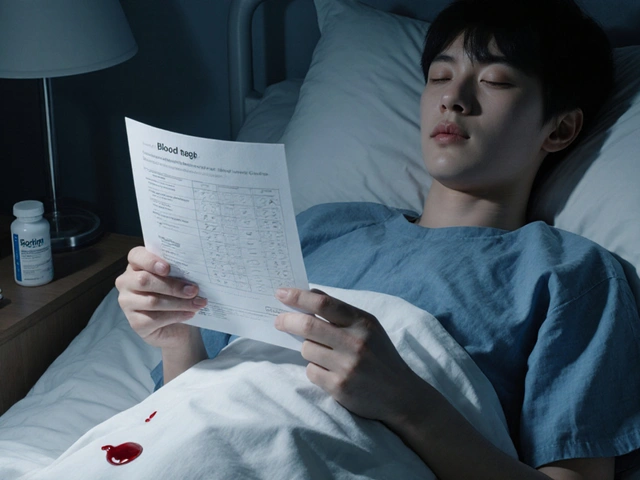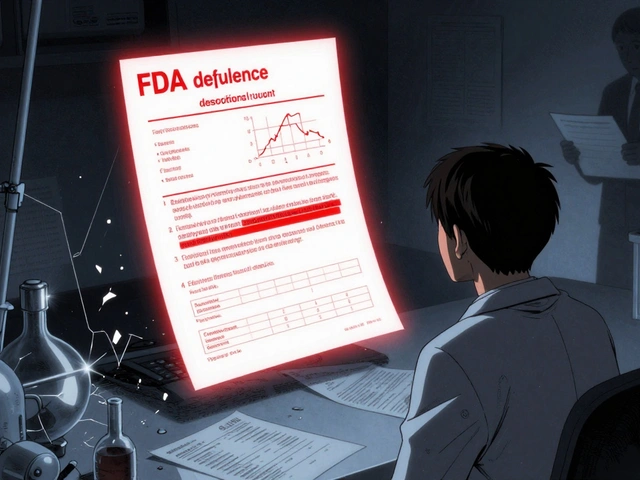Schizophrenia Medication Comparison: Find the Right Treatment for You
When it comes to managing schizophrenia medication, prescribed drugs that help reduce hallucinations, delusions, and disorganized thinking in schizophrenia. Also known as antipsychotics, these are the cornerstone of long-term treatment for millions worldwide. There’s no one-size-fits-all answer. What works for one person might cause unbearable side effects for another. The goal isn’t just to silence symptoms—it’s to help you live a stable, meaningful life without constant disruption.
Schizophrenia treatment usually starts with first-generation antipsychotics, older drugs like haloperidol and chlorpromazine that block dopamine receptors. They’re cheap and effective, but they often cause movement problems—tremors, stiffness, or restlessness—that make people stop taking them. That’s why many doctors now turn to second-generation antipsychotics, newer medications like risperidone, olanzapine, and aripiprazole that target both dopamine and serotonin. These tend to have fewer movement side effects, but they can lead to weight gain, high blood sugar, or high cholesterol. It’s a trade-off, and it’s personal.
Some people need long-acting injections instead of daily pills. These are called long-acting injectables, antipsychotic medications given as shots every few weeks to ensure consistent dosing. They’re a game-changer for those who forget pills or struggle with adherence. Others try clozapine, the last-resort option when nothing else works. It’s powerful, but it demands regular blood tests because of its risk of lowering white blood cell counts.
What you don’t see on the label matters just as much as the drug name. How fast does it kick in? Does it make you sleepy? Can you still drive? Will it mess with your sex drive or make you gain 30 pounds? These aren’t minor details—they’re deal-breakers. And the truth is, most people try two or three meds before finding one that fits. It’s not failure. It’s trial and error, and it’s normal.
There’s no magic bullet, but you’re not alone in this. Thousands have walked this path before you. The posts below give you real, side-by-side comparisons of the most common schizophrenia medications—what they do, what they don’t, and what to expect when you start taking them. No jargon. No fluff. Just what you need to know to talk smarter with your doctor and make better choices for your life.
Geodon (Ziprasidone) vs. Alternatives: A Detailed Comparison
A comprehensive comparison of Geodon (ziprasidone) with common antipsychotic alternatives, covering efficacy, side effects, cost, and practical decision factors.
About
Medications
Latest Posts


Future Anti-Counterfeit Technologies: How New Innovations Are Stopping Fake Drugs
By Orion Kingsworth Jan 22, 2026

Lymphoma in the Aging Population: Key Challenges & Practical Considerations
By Orion Kingsworth Sep 22, 2025

How to Create a Medication Plan Before Conception for Safety
By Orion Kingsworth Jan 6, 2026

